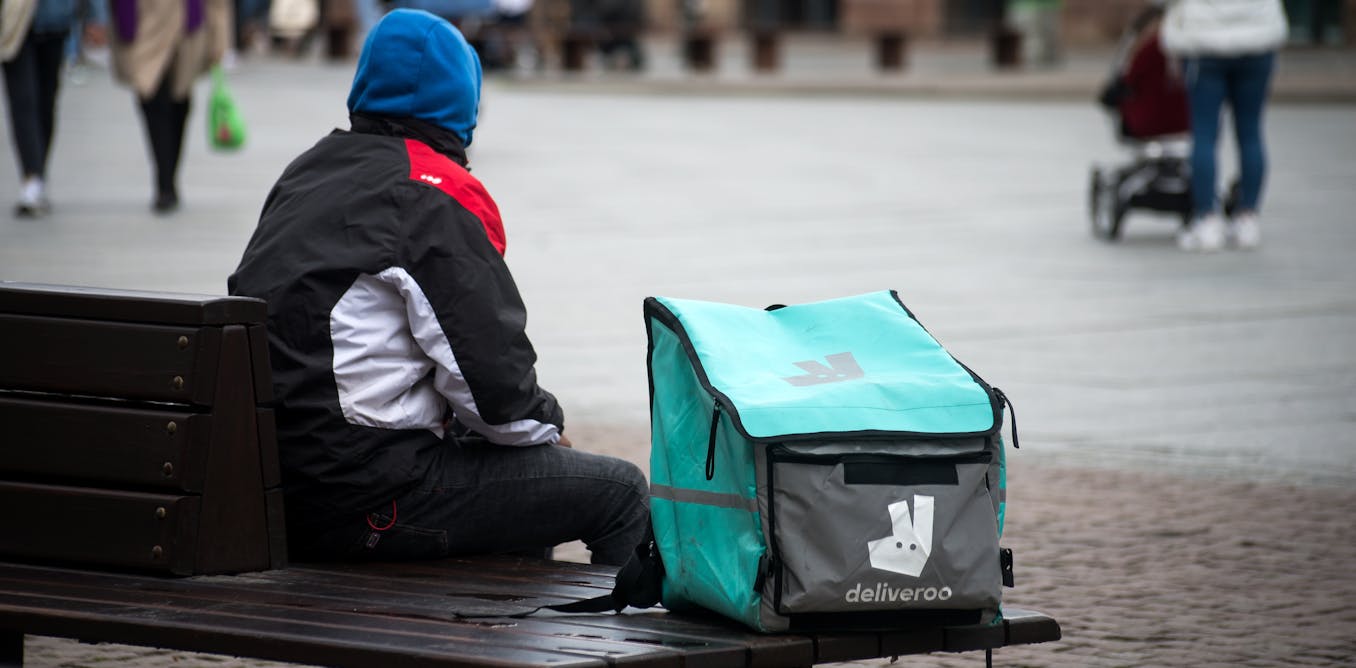Trade Unions are known for strategically timing their industrial actions to cause maximum inconvenience, such as train drivers striking on major sporting events or binmen striking during the holiday season. However, the recent strike by Deliveroo and other food delivery company drivers on Valentine’s Day has raised eyebrows and highlighted a unique situation in the gig economy.
The strike was called by a grassroots organization called Delivery Jobs UK, which is not recognized as a certified trade union by the government. This departure from the traditional requirements for lawful industrial action raises questions about the employment status of delivery drivers and gig economy workers. In a landmark case in November 2023, Deliveroo successfully defended a claim that its riders were not in an employment or worker relationship with the company, denying them the right to collective bargaining.
The complex issues surrounding the employment status of gig economy workers have created a gray area where traditional labor laws may not apply. While the lack of formalities in the strike may render it unlawful, the nature of gig worker contracts allows them to dictate their own working hours and days. This flexibility, touted as a benefit of gig work, can backfire when workers choose to strike collectively, as seen on Valentine’s Day.
The absence of formal recognition as employees or workers also means that gig workers lack the protections against detriment or dismissal for participating in strike action. Employers in the gig economy have the right to stop using workers who disrupt their services, as they are not obligated to offer work in the first place. The collective action by gig workers on Valentine’s Day highlighted the potential impact of organized strikes on the revenues and reputation of companies like Deliveroo.
Furthermore, the lack of a certified trade union organizing the strike means that Deliveroo has limited recourse against the grassroots organization behind the action. Despite the potential breach of individual contracts, pursuing legal action against a small organization with minimal resources may not be worth the effort for the company.
In conclusion, the Valentine’s Day strike by Deliveroo and other food delivery drivers sheds light on the complexities of the gig economy and the challenges faced by workers in asserting their rights. The blurred lines between self-employment and worker status create a unique dynamic where traditional labor laws may not provide adequate protection for gig workers engaging in collective action. As the gig economy continues to grow, addressing these issues will be crucial in ensuring fair treatment and rights for all workers involved.



















